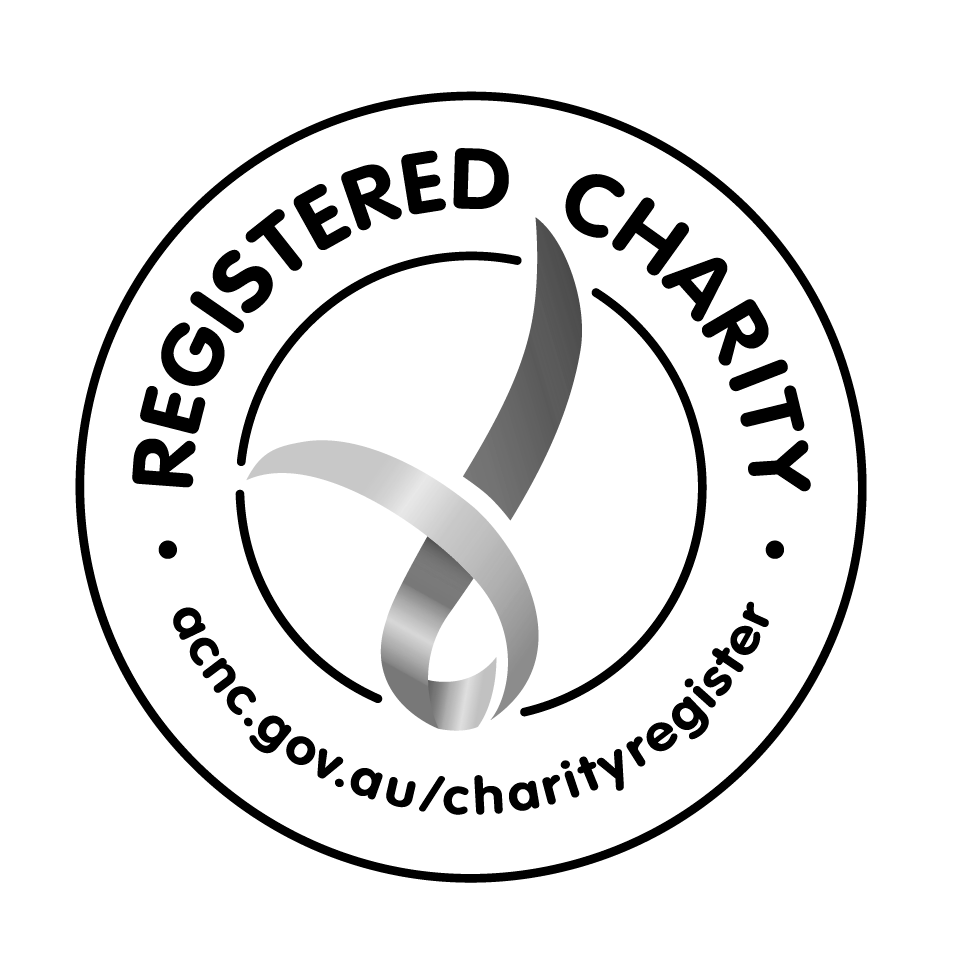By Elizabeth Manwaring
I have been working either as a student counsellor or qualified counsellor in the field of eating and body image issues for two years now. During this time, I have seen dozens of people come through the agency where I did my practicum in 2015 seeking help for eating issues and several in my own private practice since then.
I was also exposed to the broader eating issues community in Brisbane – the carers' association, the hospital network, other agencies, etc. Of all the people with eating issues that I saw, only three were male. One did a short course of counselling with the agency, another came to the agency for help and left after one appointment and the other was a private hospital in-patient. The research shows that up to 25% of those with eating issues are male, so why have I only seen three male sufferers during this time?

It is the nature of eating and body image issues that those who suffer from them are ambivalent about treatment, but there is generally a greater reluctance for men to seek treatment than women. Why?
There are several official reasons given including that men are generally less likely than women to seek medical treatment, a lack of understanding from health practitioners of men's vulnerability in this area and that men are more likely to develop binge eating disorder than anorexia or bulimia (although this is increasing) which is easier to hide.
I would also suggest that there is the issue of stigma. Although there is stigma for both genders around eating and body image issues, it is arguably worse for men as these issues can be considered a 'female issue'.
Another factor is the context of treatment. There are many adolescent boys and men who would be uncomfortable to discover that they were the only male in an eating issues therapy group or the only male undergoing treatment in the eating disorders unit of a hospital and all their therapy was with females.
Added to this, the majority of specialists working with people with eating issues are women. There are some male psychiatrists and GPs, but the dieticians and psychologists and counsellors working in this area are overwhelmingly female in number. While these professional women are very capable of successfully working with men to help them overcome their issues, there is also the drawback that far less research has been done on eating and body image issues in men to help support their work and inform their understanding. They are often working from therapeutic frameworks informed by research with only female subjects and embracing a perspective that takes into account socio-political challenges that are sometimes unique to women.
Some of the risk factors that we currently know about which are unique to men include certain sports (jockeys, wrestlers, body builders, gymnasts), social messages about a 'lean' body type and other social messages about men 'having to be in control' which becomes distorted into an effort to control the body. Around 15% of gay or bisexual men struggle with eating issues and 42% of men with eating issues identify as gay or bisexual.
There are plenty of points of commonality between eating and body image issues in men and women including certain risk factors such as genetics, perfectionism, bullying, dieting, trauma, childhood obesity and negative cultural messages.
Fortunately, there is more work and research being done on men and eating and body image issues currently and this will have a positive impact on the quality of treatment going forward. The increasing recognition of these issues for men in the eating and body image network and in the media will hopefully encourage men who are struggling in these areas to come forward and seek help.
For more information, visit the National Eating Disorders Collaboration - http://www.nedc.com.au/eating-disorders-in-males



Leave a comment